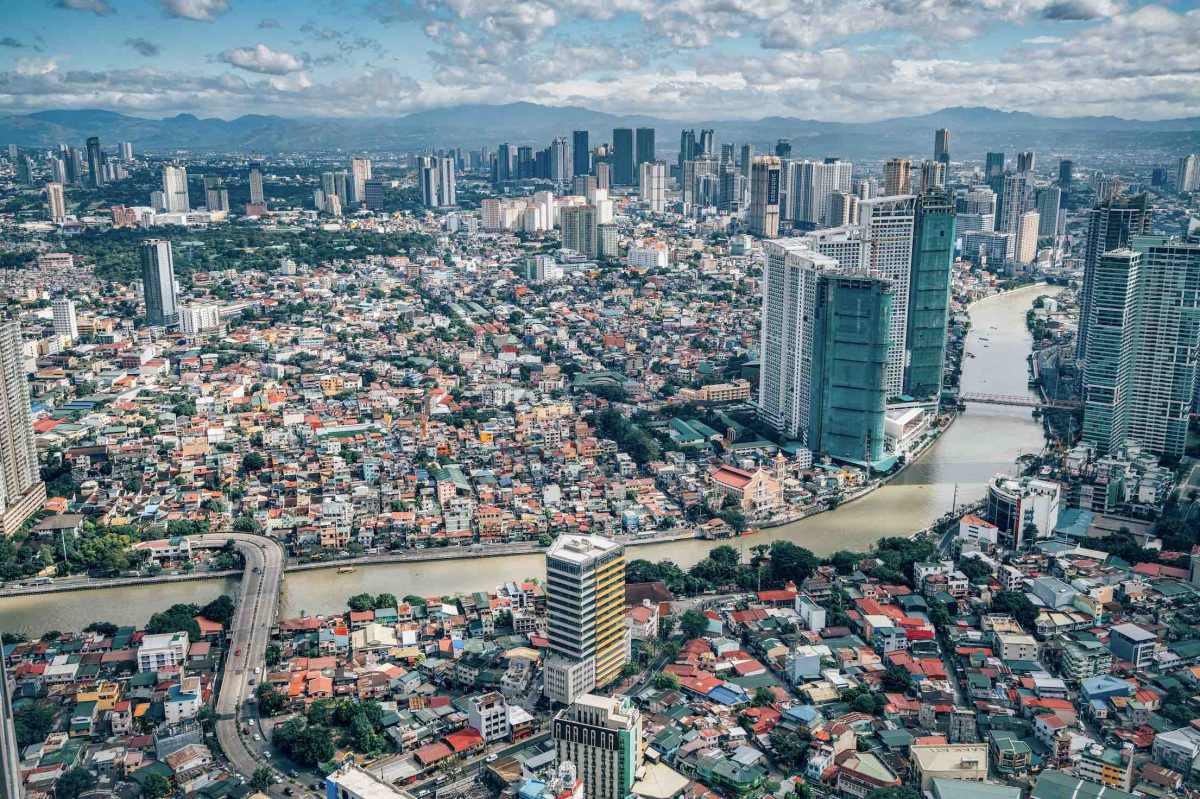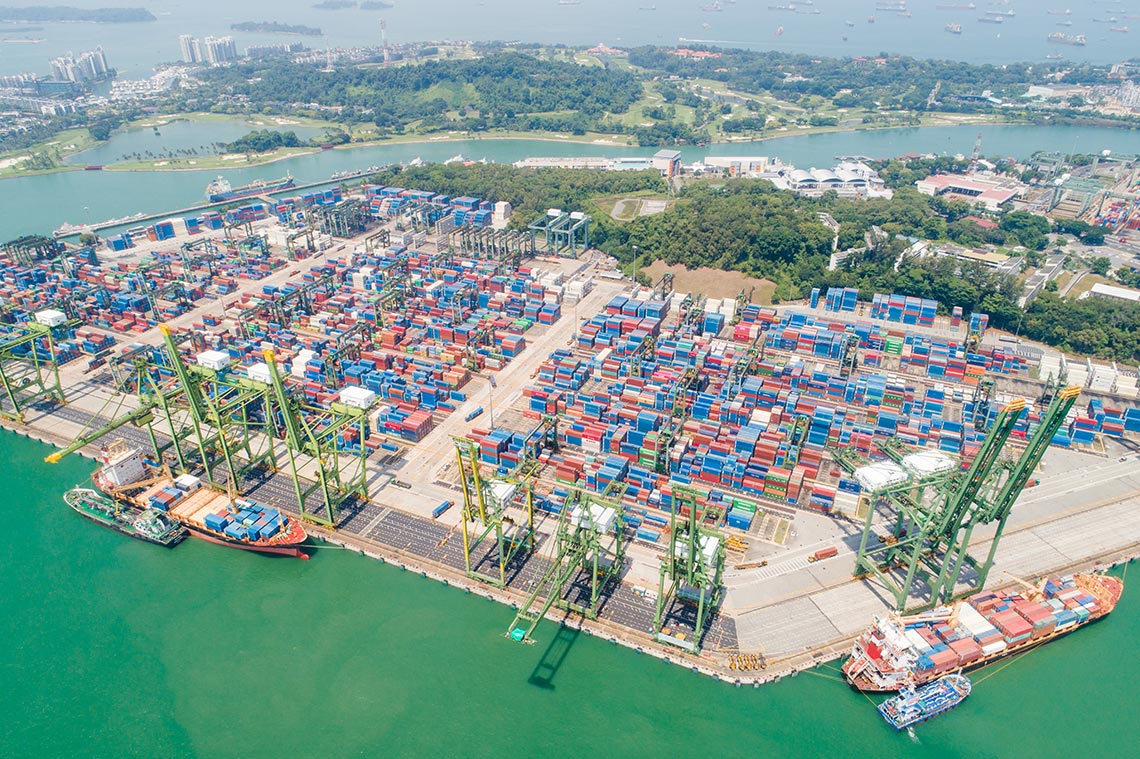菲律賓市場研究

菲律賓是東南亞最重要的國家之一。它一直是東西方的交會點,這體現在其不同的文化影響、語言和經濟連結。菲律賓人口突破一億大關,經濟在過去幾十年中持續成長,為全球企業提供了誘人的前景。
……但要充分利用這些機會,鑑於菲律賓獨特的社會文化動態和多樣化的區域市場,在菲律賓進行市場研究至關重要。
在菲律賓進行市場研究有什麼好處?
在菲律賓進行徹底的市場研究可以為那些想要在這個充滿活力的東南亞市場建立或擴大業務的企業提供一系列優勢。這些好處包括:
• 風險緩解: 對當地挑戰、潛在監管障礙和市場動態的認識有助於企業做出明智的決策,從而降低進入新市場的風險。透過了解菲律賓消費者的行為,公司可以製定能引起更深入共鳴的行銷活動,確保更高的投資報酬率。
• 產品在地化: 菲律賓經常需要對產品進行調整,以滿足當地的口味和偏好。市場研究促進了本地化過程。透過了解當地消費者的價值觀、偏好和痛點,企業可以培養更深層的關係和忠誠度。
• 明智的投資決策: 投資者可以評估各行業的生存能力,識別新興產業,並根據全面的市場洞察確定潛在回報。來自市場研究的見解使企業能夠更清楚地了解競爭格局,從而識別差距並抓住機會。
• 未來成長預測: 透過識別趨勢並了解不斷變化的市場動態,企業可以預測未來的成長領域並相應地調整其策略。
菲律賓的重點產業
菲律賓擁有充滿活力的經濟格局,多個產業不斷發展。以下是在菲律賓進行市場研究時需要考慮的一些主要行業:
• 業務流程外包(BPO): 菲律賓是 BPO 領域的全球領導者之一,提供從客戶支援和後台任務到分析、軟體開發和財務諮詢等高端服務的服務。
• 農業: 菲律賓作為熱帶國家,農業發達,主要產品包括稻米、甘蔗、椰子、香蕉、鳳梨等。根據菲律賓的市場研究,它是世界上最大的椰子油生產商之一。
• 旅遊業: 憑藉其原始的海灘、風景優美的風景和豐富的歷史,旅遊業為菲律賓經濟做出了重要貢獻。長灘島、巴拉望島和宿霧等熱門目的地每年吸引數百萬國際遊客。
• 房地產和建築業: BPO 行業的成長和城市化進程的加速刺激了住宅和商業房地產的需求,導致房地產和建築業的激增。
• 採礦和自然資源: 菲律賓礦產資源豐富,金、鎳、銅、鉻鐵礦等儲量豐富。然而,該行業面臨環境和監管挑戰,企業可以透過菲律賓的市場研究來克服這些挑戰。
• 金融與銀行業: 隨著金融包容性的增強、數位銀行等創新以及海外菲律賓工人的匯款,金融和銀行業仍然強勁。
菲律賓主要旅遊景點和城市

當談到菲律賓旅遊領域的市場研究時,不可否認的是,該國已成為世界上最令人嚮往的旅遊目的地之一。讓我們來探索一下將菲律賓列入全球旅遊地圖的一些主要旅遊勝地:
• 長灘島: 長灘島以其細膩的白色沙灘和充滿活力的夜生活而聞名,是休閒和娛樂的熱帶天堂。在因環境恢復而短暫關閉後,該島重新開放,並採取了更嚴格的規定,以確保旅遊業的可持續發展。
• 巴拉望島: 巴拉望島通常被認為是菲律賓的“最後的邊境”,擁有令人驚嘆的風景,從愛妮島的碧綠海水到聯合國教科文組織世界遺產普林塞薩港的地下河。
• 宿霧: 除了城市魅力之外,宿霧還擁有歷史遺跡、瀑布和白色沙灘。它也是前往莫阿爾博阿爾的沙丁魚遊道和奧斯洛布的鯨鯊等鄰近景點的門戶。
• 馬尼拉: 這座首都融合了新舊文化,擁有王城區、黎剎公園等景點以及現代購物中心和娛樂中心。
• 維甘:維甘被聯合國教科文組織列為世界遺產,是菲律賓殖民歷史的見證,擁有保存完好的西班牙時代建築和鵝卵石街道。
我們目前的市場回顧和建議
我們相信,菲律賓提供了一個多元化、充滿活力的市場,具有巨大的成長潛力,特別是在業務流程外包 (BPO)、技術和旅遊業等行業。該國年輕且精通科技的人口,加上其在東南亞的戰略位置,使其成為對尋求擴張的企業有吸引力的目的地。我們建議在菲律賓進行徹底的市場調查,以了解各種消費者行為和行業趨勢,以幫助指導您的業務決策。
菲律賓的獨特之處之一是其對服務業的高度重視,特別是業務流程外包和海外工人的匯款。這些產業在國家經濟中發揮關鍵作用,為外國和本地企業提供了大量機會。我們建議專注於馬尼拉大都會和宿霧等地區,這些地區基礎設施發達,BPO 和科技公司機會豐富。菲律賓的市場研究將幫助您確定最佳投資領域,並了解不同地區消費者需求的差異。
市場優勢與優勢
菲律賓擁有全球最大的市場之一,中產階級不斷壯大,也是東南亞人口最年輕的國家之一。大部分人口年齡在 20 歲以下。強勁的消費需求和令人印象深刻的勞動力市場支撐著該國充滿活力的經濟。菲律賓市場透過能源專營權以及交通、基礎設施、資訊通訊技術和健康產業展現了其實力。
機會
接受菲律賓市場研究帶來的複雜性和機會的企業將獲得顯著的利益。以下是一些引人注目的機會:
• 未開發的市場: 儘管菲律賓經濟不斷成長,但仍有許多利基市場服務不足。菲律賓的市場研究可以揭示這些隱藏的機會,使企業能夠推出創新產品或服務。
• 數位轉型洞察: 隨著菲律賓經歷數位革命,企業可以研究並適應當地市場不斷變化的數位消費習慣、偏好和關注。
• 電子商務成長: 隨著越來越多的菲律賓人轉向線上購物,企業有大量機會分析電子商務趨勢並優化其線上形象。
• 地區具體情況: 鑑於菲律賓的地理分佈,區域市場研究可以確定該國不同地區的特定需求、偏好和機會。
• 創新與產品開發: 透過識別市場差距,企業可以推動創新,創造滿足菲律賓人口獨特需求的產品或服務。
挑戰
雖然菲律賓的市場研究可以發掘大量機會,但認識到企業可能面臨的挑戰也很重要:
• 官僚機構與監管: 菲律賓以其官僚程序而聞名,這有時對企業來說非常耗時,特別是對於那些不熟悉當地監管環境的企業來說。
• 基礎設施瓶頸: 儘管有所改善,菲律賓的某些地區仍面臨基礎設施問題,影響了運輸、物流和連結性。
• 文化多樣性: 文化和語言多樣性雖然是一種資產,但對於試圖創造具有普遍吸引力的產品或資訊的企業來說也可能是一個挑戰。
• 網路連線: 儘管數位轉型不斷興起,但一些地區仍面臨網路連線不穩定或緩慢的問題,這可能會阻礙數位化企業的發展。
• 消費者價格敏感度: 菲律賓市場雖然廣闊,但對價格也很敏感。平衡品質與實惠性是贏得消費者信任的關鍵。
• 技能差距: 儘管該國擁有一支年輕且受過教育的勞動力隊伍,但某些行業可能存在技能差距,因此需要採取培訓和發展措施。
消費者基礎

菲律賓人傾向於將錢花在他們熟悉的產品上。正因為如此,它們是一個巨大的市場。社群媒體也對消費者產生重大影響。這種線上活動起到了聯繫的作用。它是菲律賓與外界之間的橋樑。這個環節正是國外市場所需要的。外國影響和趨勢有助於預測消費者行為。許多人認為菲律賓是一個大熔爐。它由多種文化、種族和人民組成。有了這樣的個性,任何產業、任何產業都不存在薄弱的消費基礎。
菲律賓市場研究的新興趨勢
在深入菲律賓市場研究時,必須承認影響該國該領域的不斷變化的動態和趨勢。一些最顯著的趨勢包括:
• 數位主導地位: 由於菲律賓是社群媒體使用率最高的國家之一,數位平台對於菲律賓的市場研究變得至關重要。線上調查、社群媒體分析和網路流量洞察提供了大量有關消費者行為的資訊。
• 質性線上研究: 除了傳統的面對面焦點小組之外,人們越來越重視線上定性方法,例如虛擬焦點小組、線上社群和深入的線上訪談。
• 永續發展見解: 隨著人們對環境議題的認識不斷提高,人們越來越有興趣研究消費者對永續發展、環保產品和企業社會責任的態度。
• 電子商務評估: Lazada、Shopee 和 Zalora 等線上購物平台的興起將人們的注意力轉向研究電子商務趨勢、消費者購買模式和線上購買行為。
• 民族誌研究: 為了更深入研究菲律賓人的生活方式,研究人員沉浸在當地文化的民族誌研究越來越受到重視。
菲律賓市場SWOT分析
優勢:
- 精通科技的年輕人口:菲律賓擁有大量年輕人口,對技術的適應能力很強,這使其成為對技術驅動型企業有吸引力的市場。這為電子商務、電信和數位服務等行業提供了堅實的基礎。
- 不斷發展的 BPO 產業:菲律賓在 BPO 方面處於全球領先地位。該國熟練的英語勞動力和具有競爭力的勞動力成本使其成為外包服務的首選目的地,為該行業的公司提供了重要的機會。
- 戰略地理位置:菲律賓為企業提供了進入該地區其他快速成長市場的門戶,使其成為區域營運的有利基地。
弱點:
- 基礎設施挑戰:雖然馬尼拉大都會和宿霧等主要城市發展良好,但該國許多地區仍面臨基礎設施問題,特別是在交通和物流方面,這可能會阻礙業務擴張和營運。
- 監理複雜性:菲律賓的監管環境可能難以預測,官僚障礙可能會延遲業務流程。對於新進者來說,掌握外國投資規則和合規性可能是一個挑戰。
- 收入不平等:儘管經濟成長,收入不平等仍然是一個令人擔憂的問題。這可能會造成不同地區和社會經濟群體的消費者需求差異。
機會:
- 崛起的中產階級:菲律賓中產階級迅速壯大,購買力不斷增強,為零售、房地產和消費品產業提供了機會。菲律賓的市場研究可以幫助企業了解這個不斷擴大的人口的需求和偏好。
- 旅遊:菲律賓擁有令人驚嘆的自然景觀和充滿活力的文化,是遊客的首選目的地。旅館、旅遊服務和生態旅遊的投資潛力巨大,特別是隨著該產業在疫情後的反彈。
- 再生能源:政府致力於開發再生能源,以滿足不斷增長的需求和永續發展目標。這為參與太陽能、風能和地熱能專案的公司提供了機會。
威脅:
- 政治不穩定:雖然菲律賓實現了成長和現代化,但政治變化和不穩定仍然令人擔憂,可能會影響商業法規和投資環境。
- 自然災害:菲律賓容易遭受颱風、地震和火山活動,這可能會擾亂商業營運和基礎設施。企業需要應急計劃來減輕這些風險。
- 全球競爭:隨著全球化的發展,菲律賓面臨來自東南亞其他新興市場的日益激烈的競爭,特別是在 BPO 和製造業等行業。企業需要不斷創新以保持競爭力。
菲律賓如何成為通往東南亞的門戶

菲律賓是通往東亞經濟體的門戶。該群島位於東西方商業的十字路口。 「東南亞門戶」之名意義重大。它來自菲律賓與美國的關係。菲律賓是東協 4 億多人的重要入境點。它也是國際航運和投資的門戶。每年都有大量的人前往菲律賓。因此,有 20 多家不同的航空公司為該國提供服務。菲律賓從美國和歐洲企業中受益最多。這些航空公司支持這種貿易。
SIS International 在菲律賓的市場研究如何幫助企業
SIS國際菲律賓的市場研究為企業提供了在這個充滿活力和不斷發展的市場中蓬勃發展的重要見解。我們的研究服務具有多項關鍵優勢,包括:
- 全面的市場洞察:我們提供有關消費者行為、市場趨勢和競爭格局的詳細報告,使企業能夠做出符合菲律賓市場實際情況的數據驅動決策。
- 風險評估和緩解:我們了解菲律賓特有的挑戰,包括基礎設施限制和監管障礙。我們提供可行的策略來降低風險並有效適應當地商業環境。
- 量身訂製的業務策略:SIS International 在菲律賓的市場研究可協助企業制定與當地消費者產生共鳴並適應區域差異的客製化策略,確保市場進入或擴張成功。
- 競品分析:我們提供對主要產業參與者和新興競爭對手的深入分析,為企業提供策略定位並利用菲律賓成長機會的工具。
- 識別成長機會:我們的研究重點在於再生能源和技術等新興產業和領域,引導企業走向高潛力投資領域。
關於 SIS 國際
SIS國際 提供定量、定性和策略研究。我們為決策提供數據、工具、策略、報告和見解。我們也進行訪談、調查、焦點小組和其他市場研究方法和途徑。 聯絡我們 為您的下一個市場研究項目。



